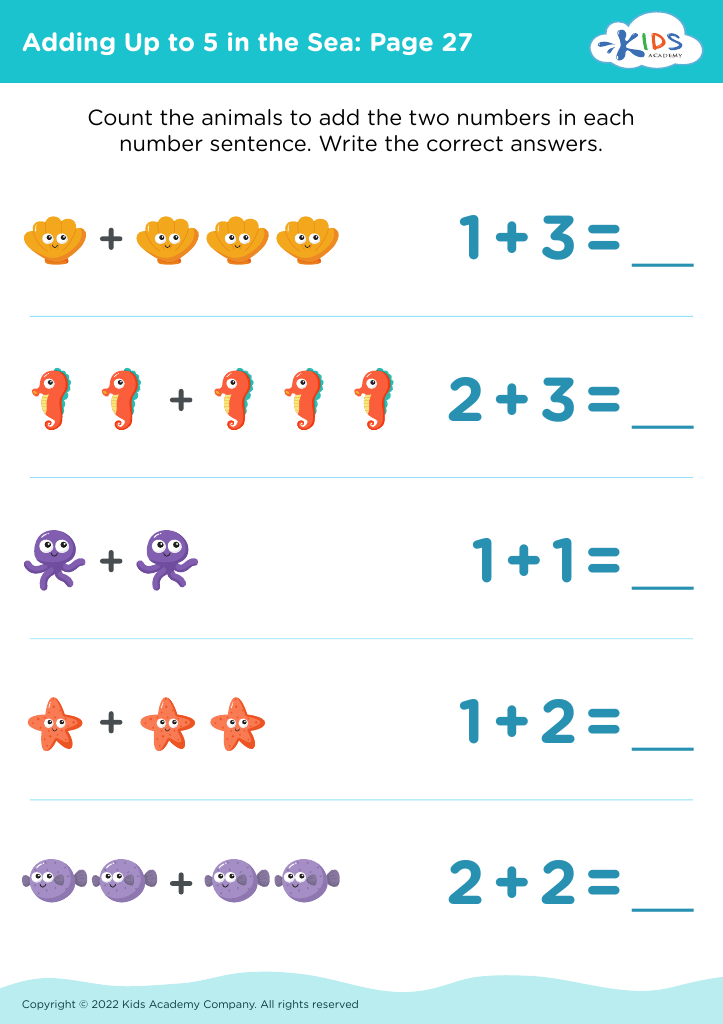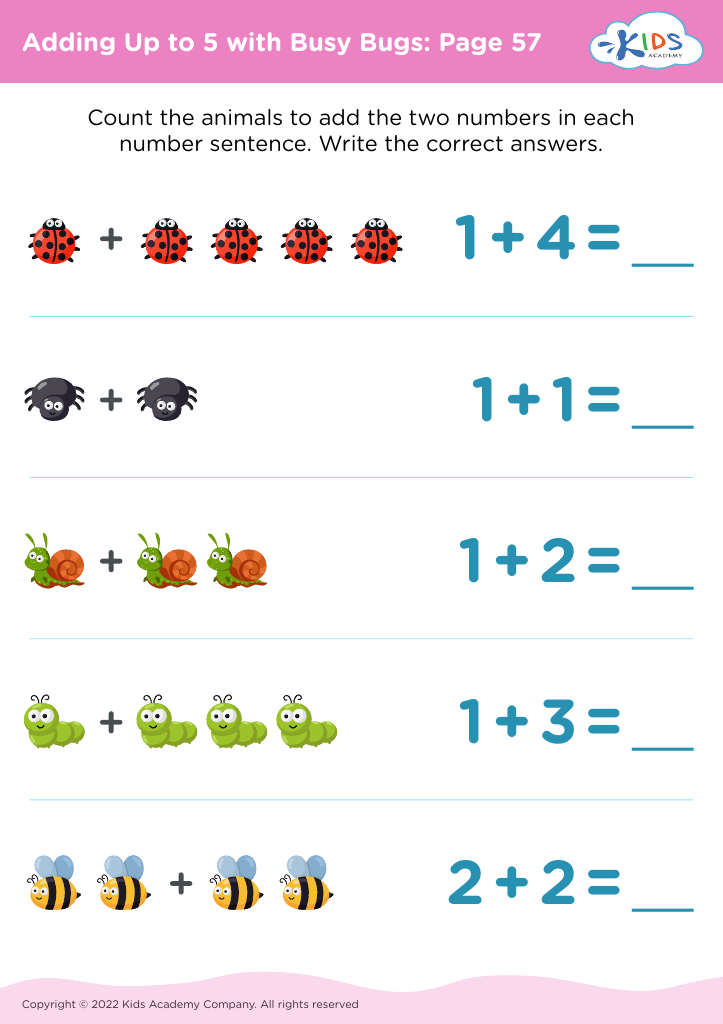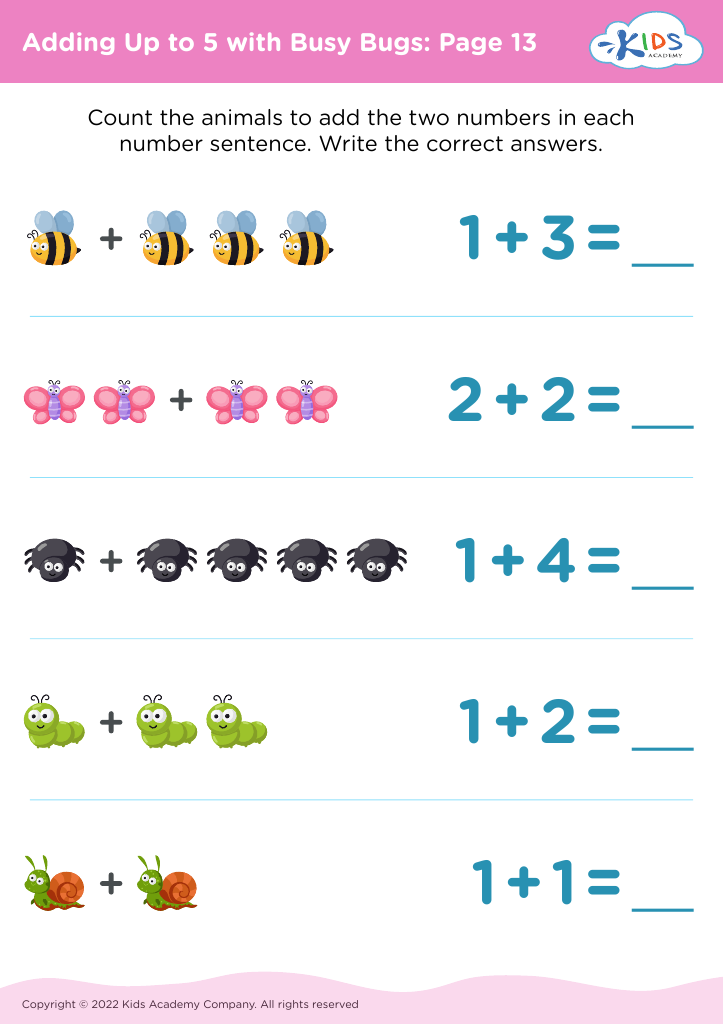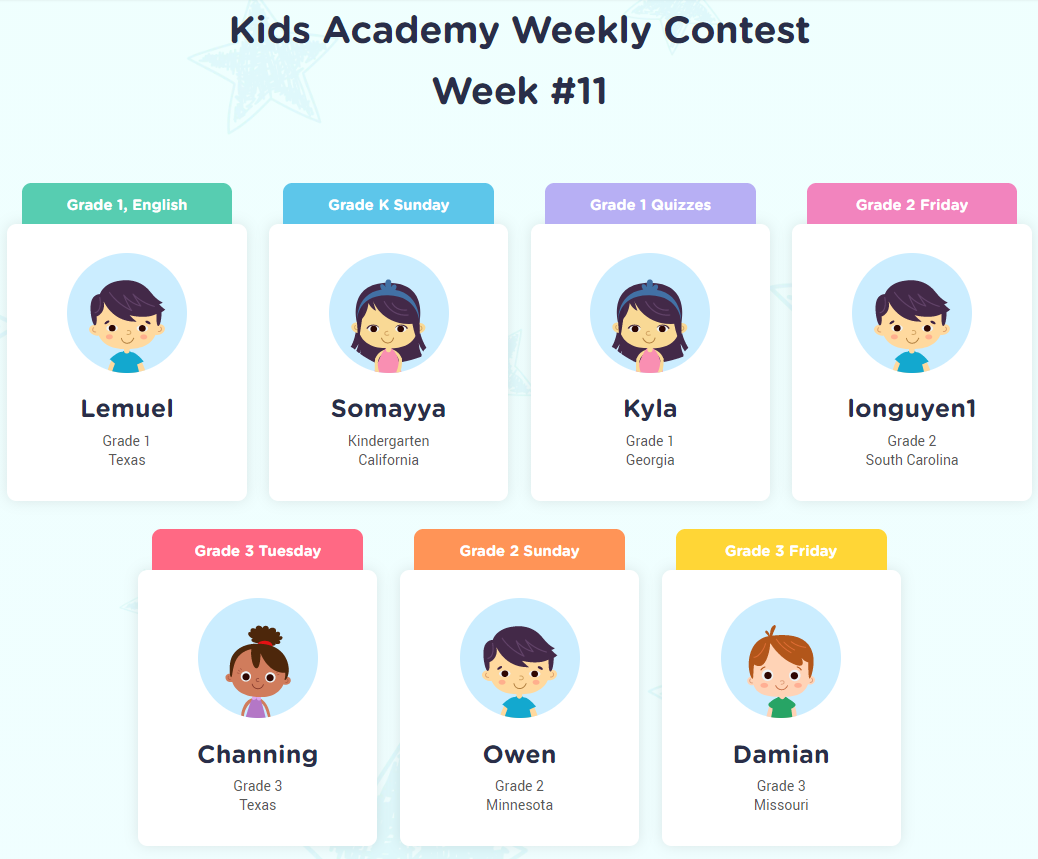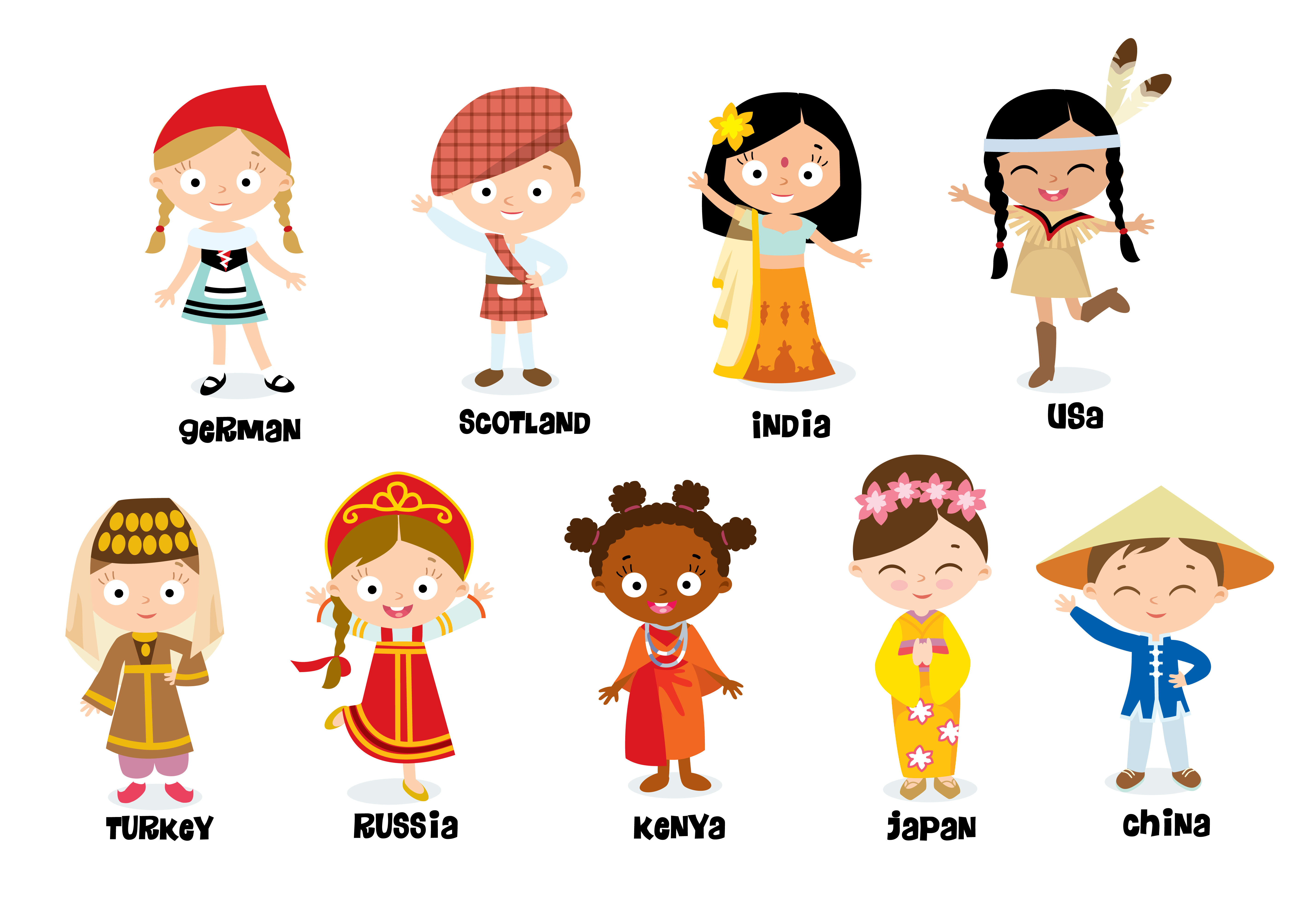Understanding numbers Math Worksheets for 3-Year-Olds
3 filtered results
-
From - To
Explore our dynamic "Understanding Numbers Math Worksheets for 3-Year-Olds," designed to make learning fun and engaging! Tailored specifically for preschoolers, these worksheets introduce foundational number concepts through colorful graphics and interactive activities. Children will practice recognizing and tracing numbers, counting objects, and exploring simple mathematical ideas, all while enhancing their fine motor skills. Our resources are aligned with early learning standards, ensuring a solid start in math readiness. Perfect for homeschooling or classroom use, these worksheets foster curiosity and excitement about numbers, laying the groundwork for a lifetime of learning. Start your child's math journey today!
Understanding numbers and basic math concepts is crucial for 3-year-olds, laying the foundation for their future learning and development. At this age, children's brains are highly receptive to new information, making it an ideal time for them to explore mathematical concepts through engaging activities. By introducing simple counting, number recognition, and basic shapes through play, children develop essential cognitive skills that enhance their overall learning trajectory.
Parents and teachers should care about this early exposure to math because it nurtures critical thinking and problem-solving abilities from a young age. Numeracy skills are pivotal not only for academic success in later years but also for real-life situations, helping children navigate the world around them. Furthermore, fostering a positive attitude toward math early on can help mitigate future anxieties about the subject, promoting a lifelong love for learning.
Incorporating math into everyday routines, such as counting objects during play or explaining shapes seen in their environment, strengthens a child's understanding while creating memorable moments of connection. When caregivers actively support early math development, they empower young learners to build confidence, curiosity, and a strong foundation for future educational achievements. Emphasizing the importance of math literacy establishes a trajectory for lifelong learning.
